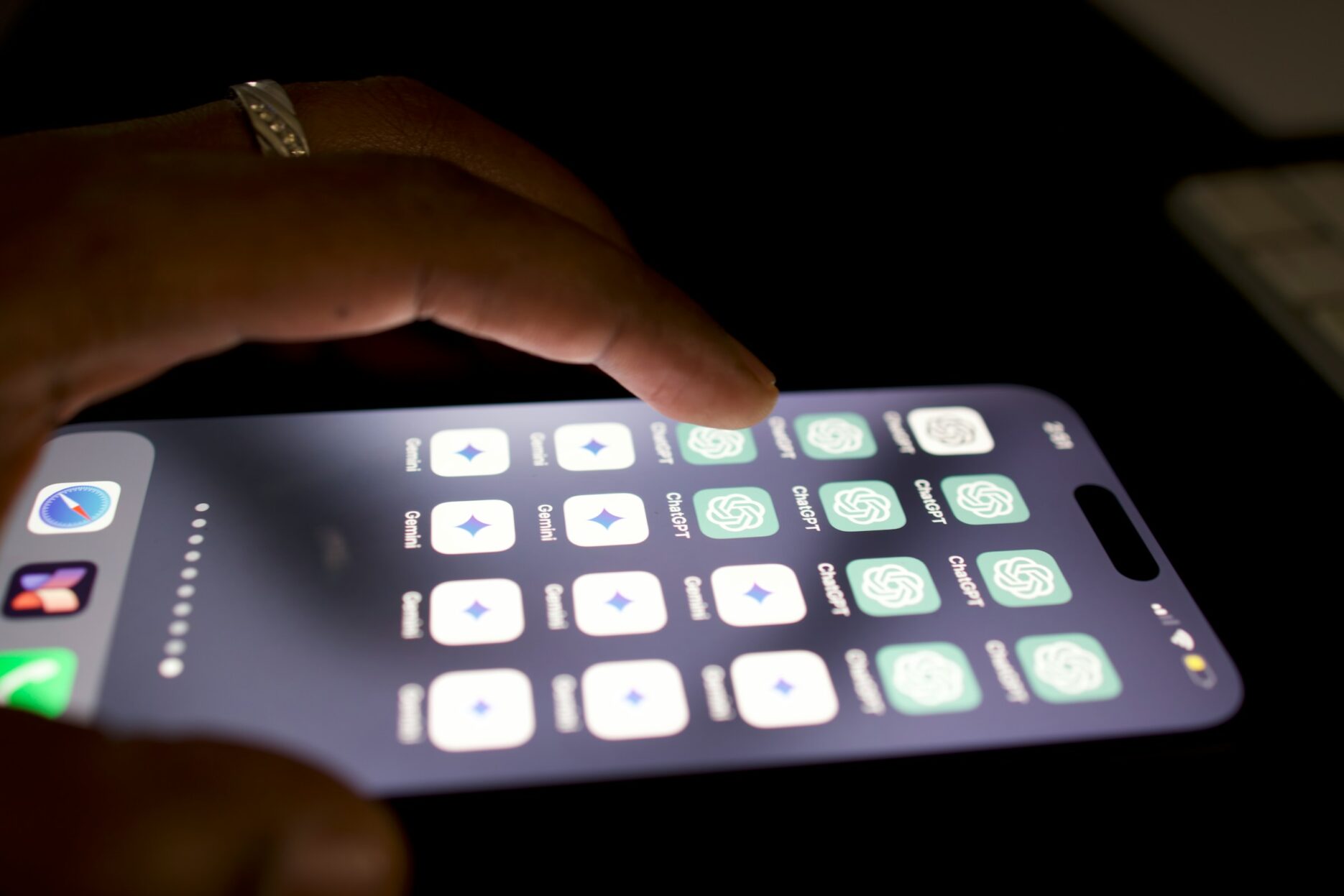We’re halfway through 2025, and “AI slop” has entered the vocabulary of those who aren’t always online. From YouTuber Cr1TiKaL to comedian John Oliver, the Western world seems to be in collective indignation over the AI-generated spam content saturating the internet. From mindless videos of “Pug saving baby” to AI-generated images making Pinterest virtually unusable, the “slop” seems to be taking over our feeds. However, the Chinese netizens seem less concerned about “AI slop” than their Western counterpart.
In China, if you find such videos, like the recently viral “orange cat eating animals” collection of videos on platforms such as Rednote, most people will either comment on the story with a straight face or ask about how it was created. Of course, these videos serve as great tech demos for MiniMax’s Hailuo 02 video generation tool. Chinese netizens are usually quite excited whenever a new model drops, be it foreign or homegrown.
Why? The issue needs to be approached from the two pain points that Western web users have with AIGC: copyright and politics. One of the main problems with AI content is that it is trained on work or IPs by real artists and companies, and they don’t always ask for permission. Copyright awareness in China has been, let’s put it this way, as much as the law limits it. So, most end users don’t feel very strongly about how the models are trained. The other thing, which John Oliver touched on, is that AI can be used to generate fake news reports on non-existent events. Thanks to the heavy regulation of Chinese social media, these usually get taken down quickly and have less widespread consequences compared to Western platforms like Facebook.
But there are concerns, of course, that many in the creative industry do share the worry about, which is copyright infringement and AI-generated images, making searches on Baidu more difficult. And most importantly, one of the greatest concerns is scammers using AI to defraud people. Anti-fraud has been a key initiative from Chinese authorities, so crackdowns and awareness campaigns about AI scams are quite readily available. With platforms such as Rednote now adding “original” verification and AIGC declaration, the “AI slop” might spread just a little slower on Chinese social media as well.




